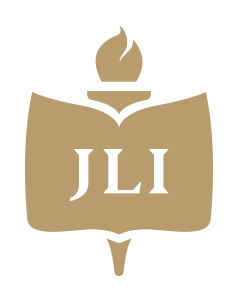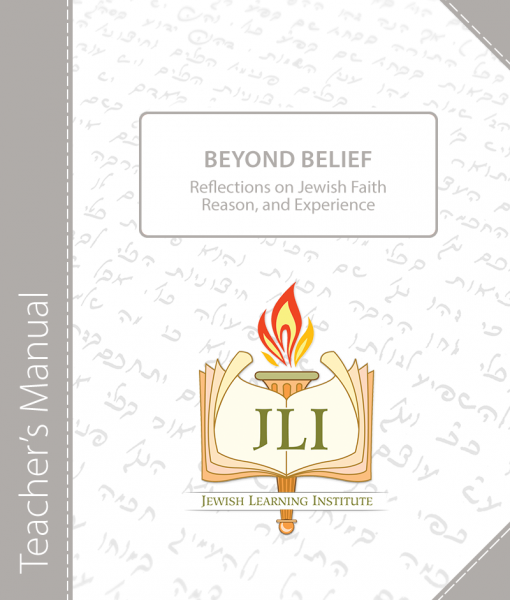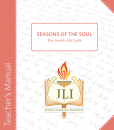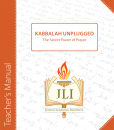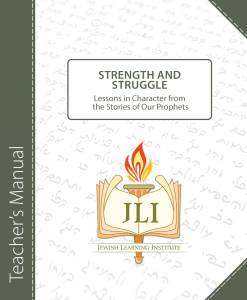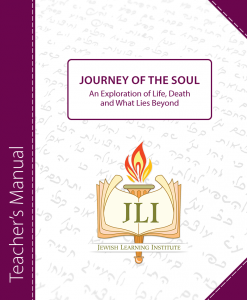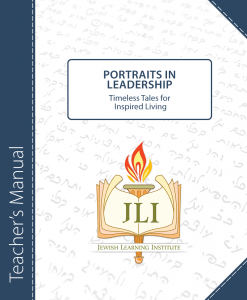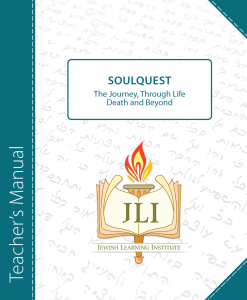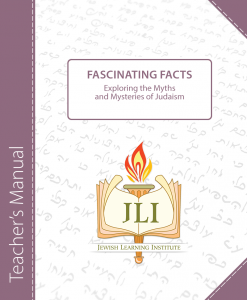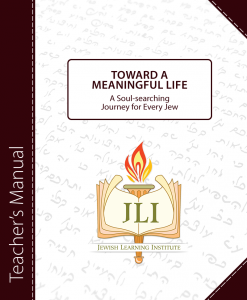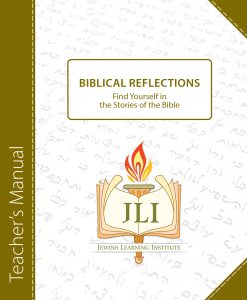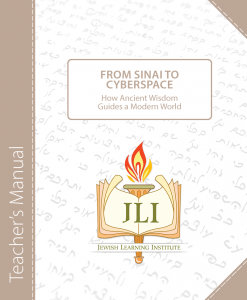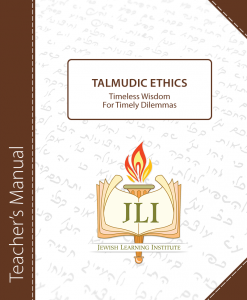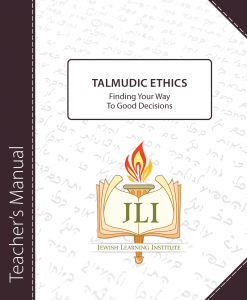Home/Browse by Topic/Previous JLI Courses/Jewish Ritual Beliefs and Heritage
Beyond Belief: Reflections on Jewish Faith, Reason, and Experience
Our beliefs color the way we see the world and help us to make sense of the inevitable challenges that confront us. The Rohr Jewish Learning Institute's upcoming winter course, Beyond Belief: Reflections on Jewish Faith, Reason, and Experience, is designed to help students take a closer look at how Jewish beliefs can help bring meaning to their lives and guide their choices.
Contact us for more information.
Lesson One
Beyond Belief
Is faith blind? In the Jewish sense, faith is less an act of unquestioning belief than an act of faithfulness, integrity, and trust. Rambam’s principles are the thirteen “big ideas” that form the basis of our powerful bond with G-d. In our first lesson, we examine the principle of G-d’s omniscience, a worldview that contrasts starkly with the Greek belief that G-d created the world and then left it to its own devices. This principle lays the groundwork for a personal and intimate relationship with G-d.
Lesson Two
Hearing The Voice
Why do we need prophets? How does one become a prophet? How does it feel to receive prophecy? How can we distinguish real prophets from false prophets? Are there prophets today? Prophecy is a realm that seems to us almost surreal, magical, beyond our experience. And yet Rambam identified prophecy as a critical linchpin of our faith. Examine the critical role of prophecy in a world in which G-d communicates with His creation.
Lesson Three
Universal Code
What are the implications of views the Torah is an unchanging eternal text? What would be different if we thought of it as a flexible evolving document that retained its central core but was adaptable in its details? This lesson describes an understanding of Torah as much more than a holy book. It is the spiritual DNA of our souls and our universe, an unchanging and unchangeable code that defines who we are and what we are meant to become.
Lesson 4
Knowing G-D
Rambam describes G-d not first as Creator of the Universe, but as a personal G-d and Redeemer. We will discover that the first four principles are not meant to describe the “how” of creation, but the “why” of creation. Our understanding of the nature of G-d is a logical outgrowth of our reflection about the purpose of our being.
Lesson 5
Seeking Heaven
In Lesson Two, we saw that G-d speaks to us through the prophets, but can we also speak to G-d? What can we learn about ourselves from the way in which we choose to pray? How does G-d respond to our actions and our words? Do we have to wait till after we die to find our eternal reward? Or can we find heaven (and hell) on earth? In this lesson, we examine prayer as a form of self-assessment, as well as G-d’s reward and punishment of our actions.
Lesson 6
Perfect World
What is G-d’s ultimate vision for His creation? Where are we headed? And how does our concept of a perfect world affect the way we live our lives today? In this lesson we examine the Jewish beliefs of Mashiach and the resurrection of the dead, and how these ideas critically inform our present.
